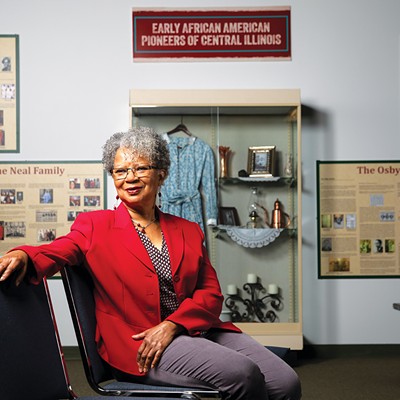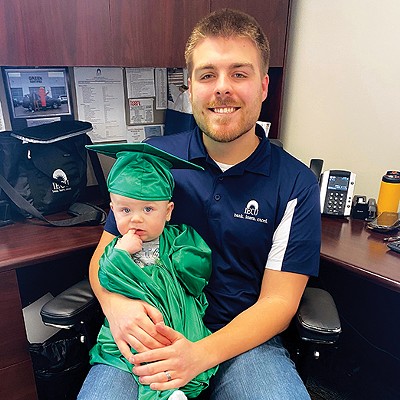
Whether you buy Suze Orman's claim that she owns only one pair of gold earrings, or accept all of her financial advice, chances are you have seen her on TV, bluntly stating what people should and should not do for their financial security. In her latest book, The Ultimate Retirement Guide for 50+:Winning Strategies to Make Your Money Last a Lifetime, Orman provides advice and tips on saving, investing and having money to last for a long life – even to age 100.
Financial terms are often confusing, making many shy away from even trying to understand. Orman, though, explains terms and abbreviations in easy language and helps readers consider best strategies. Making decisions while still working, choosing from various investment vehicles, understanding when to apply for Social Security, and choosing a financial planner are just some of the topics Orman covers.
The book can be read front to back but just as easily by turning to a specific chapter. For those still working, Chapter 3, "Making the Most of Your Working Years" explains what to do before age 70, how to build a nest egg, etc. For those already retired and deciding whether to downsize, Chapter 4, "Where to Live" may be the first section to consult. A checklist at the end of chapters helps summarize points and guide readers in taking step-by-step approaches.
Orman first advises readers to get rid of any guilt, fear, shame or anger about any past investing and money decisions. Instead, she says to adopt the belief, "I am a warrior, and I am going to turn my back on the battlefield." Doing so will help "those at least 50 years old ...lay out the pieces of a retirement puzzle... to work together in a cohesive plan."
In dealing with children, including those who have reached adult age, she strongly warns parents: resist cosigning a loan for an adult child, never buy a teen a car, and take adult children off your health insurance plan. Supporting children and then grandchildren financially should be done to assist, not just to give them whatever they want. And, for those now finding themselves in a caregiver role for their own parents, she advises you to arrange to be paid.
Several tips are repeated throughout the book. One is to pay off a mortgage prior to retirement. In fact, she says pay off all debt such as loans and credit cards. That will mean prioritizing real needs and living below one's means so that more can be saved for retirement. She doesn't accept that this is impossible; ask yourself if you really need a certain item. Do you really need a new car rather than a used one?
When thinking about how much money you will need in retirement, Orman recommends planning to live to the age of 95 or 100, a strong possibility today. Then, she dives into various types of investments – IRA, Roth IRA, stocks, bonds, mutual funds, etc. For one not sure about these investment vehicles, Orman makes it easy. Then, it requires sitting down and thinking through her examples, working with a financial adviser and making a plan. Even Orman has a financial adviser.
She offers practical questions to ask if a couple wants to stay in their home. Does the house accommodate physical problems that might surface later in life, will more care be needed? She is a believer in long-term care insurance.
When should one start Social Security? Orman says the goal should be to wait until age 70 and provides calculations showing the financial advantage of waiting. Orman demystifies the rules about Social Security, about Medicare and all its parts, A-D, about required minimum distributions, and about how different investments work together to create a portfolio.
Orman recognizes those with a government pension and clarifies some things to consider with the federal rules reducing one's earned Social Security under the Windfall Elimination Provision (WEP) and reducing spousal benefits under the Government Pension Offset (GPO), both issues some retirees must consider.
An extensive index helps locate needed topics and Orman's personal stories help illustrate some of the tips she offers. This is a worthwhile book to pick up for those 50 and over. It also should be a guide for those just starting a career.
Cinda Ackerman Klickna plans to give this book to her 30-plus son who is her financial planner. She was pleasantly surprised that Orman included information about GPO/WEP, provisions that affect teachers and administrators, as many are unaware of these.




























